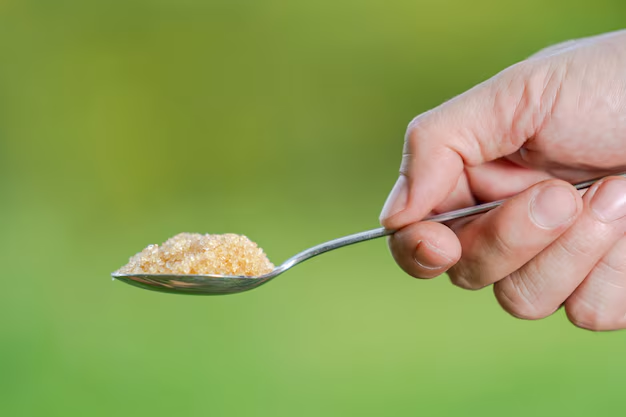Your Guide to Can Diabetics Eat Rice
What You Get:
Free Guide
Free, helpful information about Diabetes FAQ and related Can Diabetics Eat Rice topics.
Helpful Information
Get clear and easy-to-understand details about Can Diabetics Eat Rice topics and resources.
Personalized Offers
Answer a few optional questions to receive offers or information related to Diabetes FAQ. The survey is optional and not required to access your free guide.
Navigating Rice on a Diabetic Diet: What You Need to Know
If you're living with diabetes, you might wonder if you can include rice in your diet. The simple answer is yes, diabetics can eat rice, but it requires careful consideration of portion size, type of rice, and overall carbohydrate intake for the day.
Understanding Rice and Blood Sugar Levels
Rice, particularly white rice, is high in carbohydrates and can significantly impact blood sugar levels. When consumed, rice is quickly broken down into glucose, potentially leading to a spike in blood sugar. That said, different types of rice can have varied effects. Here's a closer look:
Types of Rice
- White Rice: Has a high glycemic index (GI) and can cause a rapid increase in blood sugar. It is less preferable for diabetics.
- Brown Rice: A better choice as it has more fiber, which helps moderate blood sugar levels by slowing down carbohydrate absorption.
- Basmati Rice: Known for its lower GI compared to other white rice, it can be a more moderate option.
- Wild Rice: Although not truly rice, it's worth mentioning for its high fiber and protein content, beneficial for blood sugar control.
Managing Portions and Meal Planning
Portion control is critical in managing diabetes. Aim for half a cup to one cup of cooked rice for a balanced meal. Complement it with protein and vegetables to create a more satisfying and balanced plate that reduces the overall glycemic load.
Tips for Incorporating Rice:
- Substitute Wisely: Opt for brown or wild rice over white rice.
- Combine with Protein: Pair rice with lean protein like chicken, fish, or tofu to slow down glucose absorption.
- Add Veggies: Fill half your plate with non-starchy vegetables for fiber-rich, nutrient-dense meals.
- Monitor Blood Sugar: Keep track of your blood sugar levels before and after meals to understand how rice affects you personally.
Helpful Tools for Managing Diabetes
Managing a diet with diabetes can sometimes feel overwhelming. Thankfully, numerous resources are designed to assist with both dietary needs and financial concerns related to healthcare:
- Diabetes Self-Management Classes: Often offered by healthcare providers or local health departments for free or on a sliding scale.
- Nutritional Counseling: Seek out registered dietitians specializing in diabetes for personalized meal planning.
Financial Assistance Programs
In addition to nutritional strategies, understanding financial and educational resources can be invaluable:
- Medicare and Medicaid: Both offer coverage for diabetic supplies and services, including nutrition therapy.
- Supplemental Nutrition Assistance Program (SNAP): Eligible individuals can receive benefits to help purchase healthy food.
- Patient Assistance Programs: Many pharmaceutical companies offer programs to assist with the cost of medication and supplies.
If you're struggling with debt or managing healthcare costs, consider exploring these options:
- Debt Management Plans: Designed to simplify and reduce your monthly payments.
- Credit Counseling Services: Help you better understand your financial situation and provide guidance.
- Educational Grants: Available for those pursuing healthcare-related education, which can lead to a better understanding of managing diabetes effectively.
Feel empowered to enjoy a varied diet that includes rice by making smart choices and using available resources for maximizing health and financial wellness.
📊 Quick Guide to Resources
- 📅 Medicare/Medicaid: Covers diabetes care services.
- 🥦 SNAP: Assists with purchasing nutritional food.
- 💳 Patient Assistance Programs: Reduces costs for medications/supplies.
- 💰 Debt Management Plans: Simplifies bill payments.
- 🏫 Educational Grants: Supports those studying healthcare careers.
- 🔍 Credit Counseling Services: Provides financial guidance and relief options.
What You Get:
Free Diabetes FAQ Guide
Free, helpful information about Can Diabetics Eat Rice and related resources.

Helpful Information
Get clear, easy-to-understand details about Can Diabetics Eat Rice topics.

Optional Personalized Offers
Answer a few optional questions to see offers or information related to Diabetes FAQ. Participation is not required to get your free guide.


